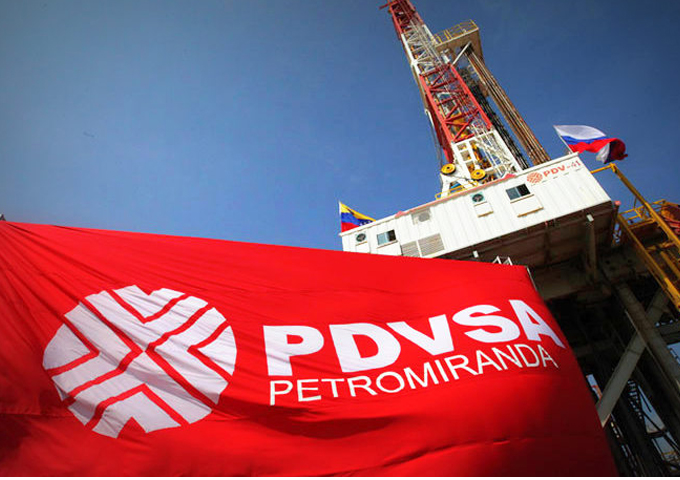What are Iran and Venezuela concocting about oil to circumvent the United States

Venezuela and Iran have reached an agreement on the exchange of oil. The goal is to get around US sanctions
Venezuela has reached a contract with Iran to obtain oil condensate in exchange for heavy crude.
The deal, revealed by Reuters , was signed by the respective state oil companies, namely Venezuelan PDVSA and Iranian NIOC. And it represents – explains the agency – a deepening of the collaboration between two of the main antagonists of the United States.
THE AMERICAN SANCTIONS ON IRAN AND VENEZUELA
According to Reuters sources, the swap agreement has an expected duration of six months, but could be extended. And most importantly, it could be a violation of thesanctions imposed by the United States on both countries. These sanctions not only prohibit Americans from having commercial relations with the Venezuelan and Iranian oil sector, but also provide for "secondary" punitive measures for all those non-American subjects or entities that transact with the oil companies of the two countries. These secondary sanctions can carry penalties for those affected, ranging from fines to freezing assets in the United States to exclusion from the American financial system.
POSSIBLE VIOLATION
However, it is not yet clear whether the Venezuela-Iran agreement constitutes a violation of this sanctioning regime: the US Treasury Department, heard by Reuters , has not expressed itself on this point.
Furthermore, the application of sanctions is often subject to the discretion of the president in office. In August 2020, Donald Trump's administration went so far as to confiscate four shipments of Iranian fuel bound for Venezuela, justifying the move with the violation of sanctions. Joe Biden's new administration hasn't made similar gestures, at least so far.
WHAT DOES THE BIDEN ADMINISTRATION DO
The same source said US officials fear that shipments of Iranian condensate – a petroleum derivative that PDVSA could use to dilute and refine its heavy crude – could help sustain the regime of Venezuelan President Nicolas Maduro and strengthen its position. negotiation with opposition groups.
CONTACTS BETWEEN IRAN AND VENEZUELA
The sanctions on Iran and Venezuela have had a heavy impact on both countries' oil sales. But they also favored their political and economic rapprochement: at a recent meeting of the United Nations, for example, the foreign ministers of Caracas and Tehran announced their joint commitment to strengthen bilateral trade.
The Venezuelan economy is based on oil, but the country's production and refining capacities have collapsed due to the economic crisis and the general mismanagement of PDVSA plants. The application of sanctions by the Trump administration thus contributed to a 38 percent drop in the country's oil exports in 2020 – the lowest in seventy-seven years. Difficulty in accessing foreign supplies, combined with low domestic output, has aggravated the country's fuel shortage.
WHAT THE AGREEMENT CONSISTS OF
This is a machine translation from Italian language of a post published on Start Magazine at the URL https://www.startmag.it/energia/iran-venezuela-petrolio-sanzioni/ on Mon, 27 Sep 2021 07:53:13 +0000.
